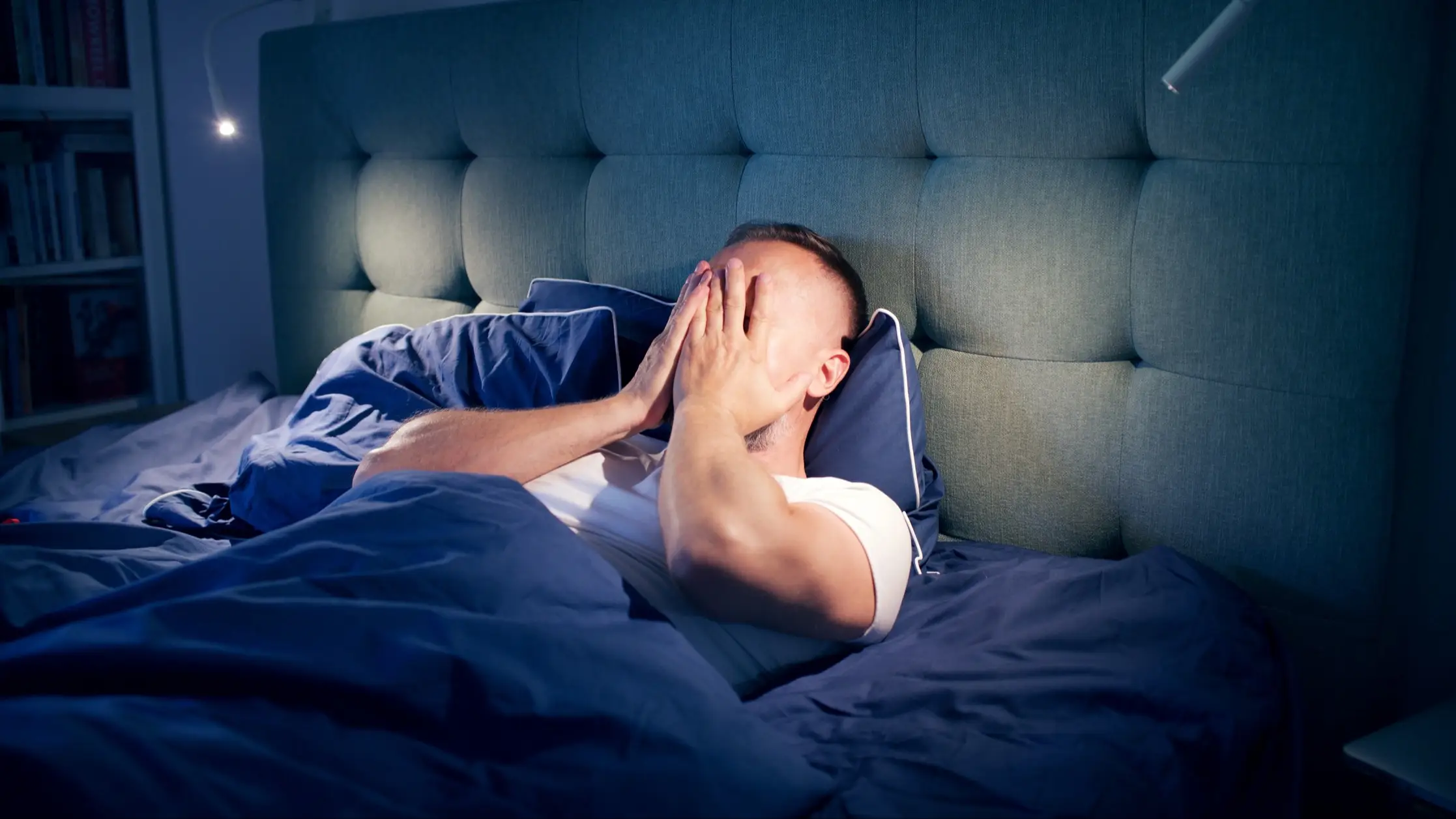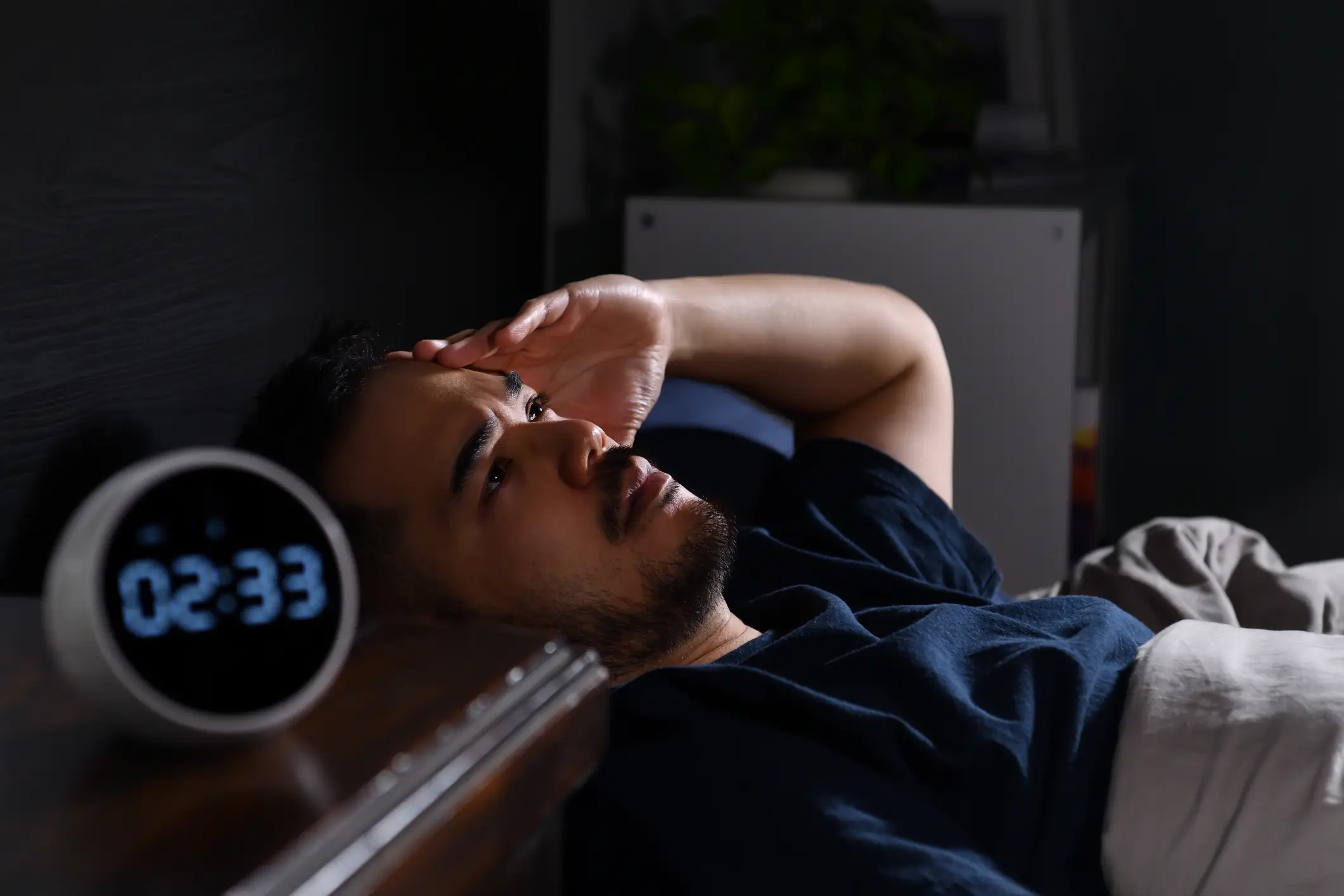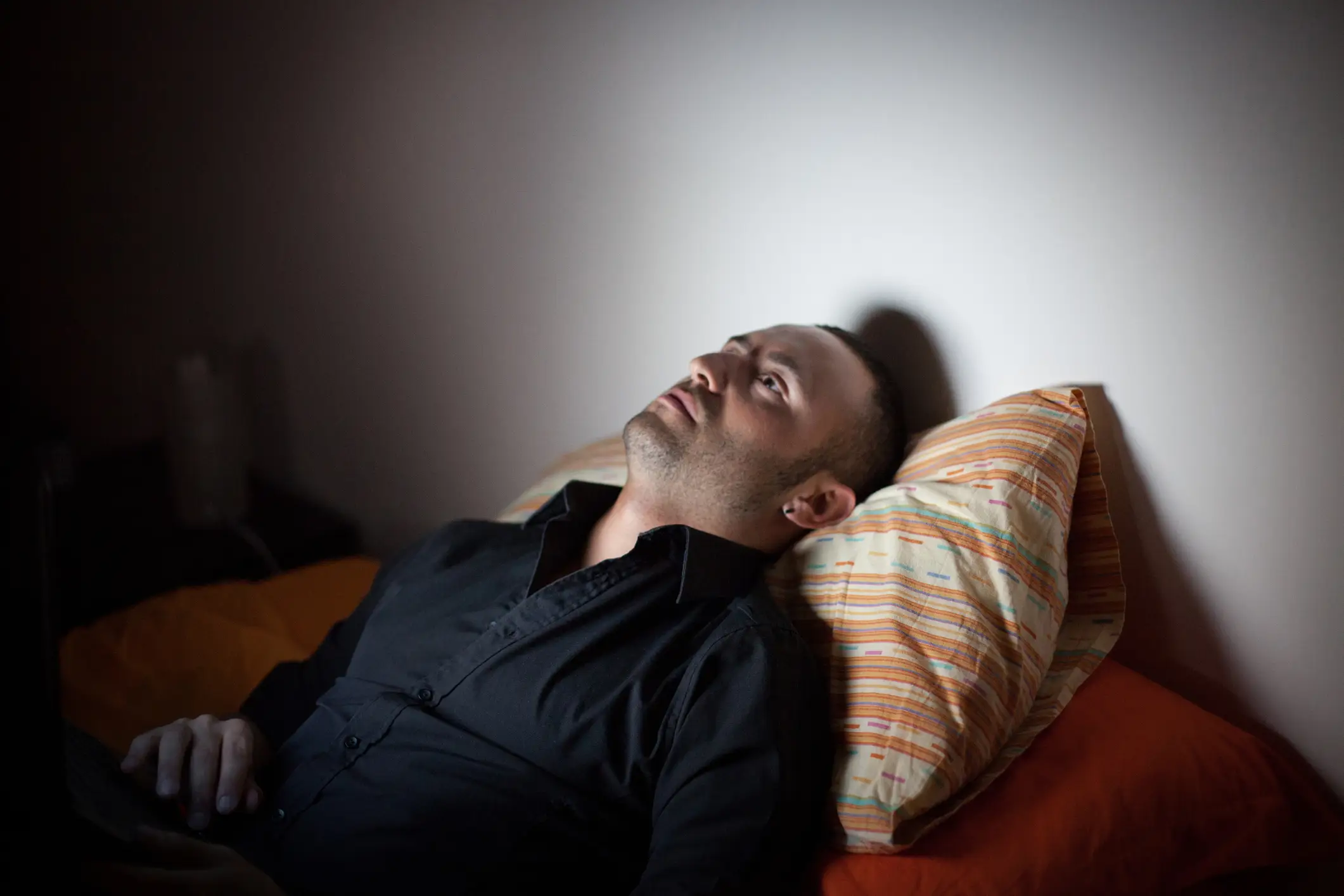
Trying to get that elusive 'eight hours' sleep is a task many of us struggle with.
As many as one in five people in Britain don't get enough sleep, according to Mental Health UK.
While poor sleep could be down to all sorts, it could signal a particular health concern if you're waking up a few times a night for a wee.
While more than a quarter of men get up in the night to go for a wee, only a fifth of them know this could be down to a prostate-related issue.
Advert
A 2023 study by independent charitable hospital King Edward VII’s Hospital has revealed that going to the 'toilet three times or more' could be a symptom of prostate cancer.
And only 20 percent of men who wake up frequently to urinate think it’s due to prostate issues, whereas most blame ageing, drinking too much water or caffeine before bed.

"Prostate cancer affects the prostate gland under the bladder and usually happens to men over 50 years old. There are different treatments and it can often be cured if diagnosed early," the NHS says.
Symptoms of prostate cancer
• Getting up during the night to urinate
• Difficulty starting to urinate or needing to strain
• A weak or reduced urine flow
• Urine flow that starts and stops intermittently
• Needing to urinate urgently, frequently, or both
• Feeling as though the bladder hasn’t fully emptied after urinating
• Difficulty getting or maintaining an erection
• Presence of blood in the urine or semen
• Unexplained weight loss and lower back pain

Some men 'embarrassed' of symptoms
Professor Caroline Moore, of King Edward VII’s Hospital, urged men who feel embarrassed of any symptoms to come forward and get themselves checked.
“We are used to seeing men with a wide range of symptoms that they mind find embarrassing - so there really is nothing that can shock us,” Professor Moore said.
“It’s important that men who are struggling with an issue with pain, delayed or frequent weeing to see their GP at their earliest convenience.
“Most of the time it will be caused by something harmless that can be fixed by a change in lifestyle, such as drinking less alcohol or caffeine.”
Professor Moore noted that if there 'is a more serious problem at play', that there are a 'wide variety of diagnostic and treatment tools available'.